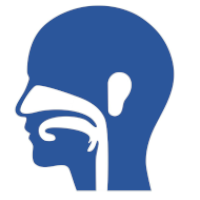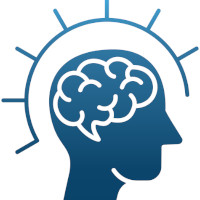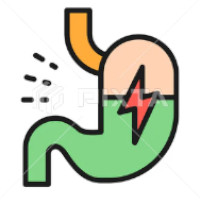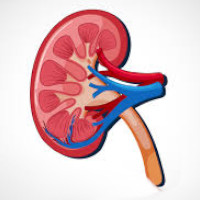Live Q&A Chat Session by Paediatrician Dr. Valeria
What you’re describing sounds like it could be benign, especially if your daughter is very active during the day. However, a few possibilities come to mind:1. Growing Pains• Very common in children aged 3–12. • Usually occur in the evening or at night, often affecting both legs. • Children often describe aching, throbbing, or vibrating sensations. • Massage, warmth, and stretching often relieve the discomfort. • It typically doesn’t affect walking or daily activities.2. Overuse or Muscle Fatigue• If she’s running or jumping a lot, her muscles may be tired or sore at night. • This can cause strange sensations, sometimes described as “buzzing” or “shaky” legs.What You Can Try at Home:• Warm baths before bed. • Gentle stretching exercises in the evening. • Continue with gentle massage, if she finds it comforting. • Ensure she stays hydrated and has a balanced diet with enough iron, magnesium, and calcium.When to See a Doctor:• If the sensations worsen, start affecting her sleep or daily life, or involve weakness, swelling, or pain. • If you notice any involuntary movements, changes in walking, or if the symptoms only affect one leg.
March 26, 2025Live Q&A Chat Session by Paediatrician Dr. Valeria
Early identification of developmental delays in children is crucial for timely intervention. Here are some key early signs across different areas of development:1. Motor Skills• By 3–6 months: Poor head control, stiffness, or floppiness • By 9 months: Not sitting without support, difficulty reaching for objects • By 12 months: Not crawling, standing, or pulling up • By 18 months: Not walking independently2. Speech & Language• By 6 months: Lack of babbling or cooing • By 12 months: No words or gestures like waving or pointing • By 18 months: Fewer than 10 words, not responding to their name • By 24 months: Not using two-word phrases or very limited vocabulary3. Social & Emotional Skills• By 6 months: Limited eye contact, no smiles • By 12 months: Lack of interest in people, no response to name • By 18 months: No pretend play, little interest in others • By 24 months: Avoids social interactions, doesn’t copy actions or words4. Cognitive & Problem-Solving Skills• By 12 months: Doesn’t explore objects, doesn’t follow simple instructions • By 18 months: Difficulty understanding simple words or commands • By 24 months: Doesn’t engage in simple problem-solving (e.g., using a toy in a new way)When to Seek Professional AdviceParents should consult a pediatrician or developmental specialist if:• Milestones are significantly delayed compared to peers • Regression occurs (losing skills previously acquired) • Child seems indifferent to surroundings or lacks interest in interaction • Persistent difficulties with movement, communication, or behaviorEarly intervention can make a significant difference. If in doubt, it’s always best to consult a professional sooner rather than later. Let me know if you need more details!
March 26, 2025


 Addiction
Addiction Dental and Oral
Dental and Oral Depression
Depression Disability
Disability ENT
ENT Eye Problem
Eye Problem Fever
Fever General Health
General Health Heart Issues
Heart Issues Liver Problems
Liver Problems Lungs Problems
Lungs Problems Mental / Psychological
Mental / Psychological Neuro Health
Neuro Health Nutrition & Diet
Nutrition & Diet Orthopaedics / Bone
Orthopaedics / Bone Rare Diease / Genetic Condition
Rare Diease / Genetic Condition Sleep Issues
Sleep Issues Stomach Problems
Stomach Problems Stones
Stones Thyroid Disorders
Thyroid Disorders Tumor / Cancer
Tumor / Cancer Urological Health
Urological Health Woman Health
Woman Health
